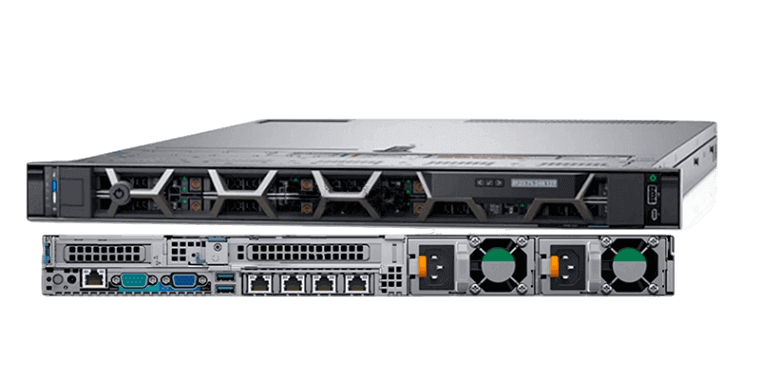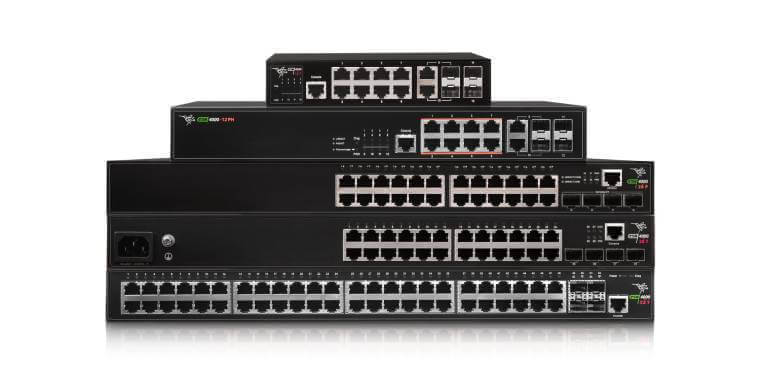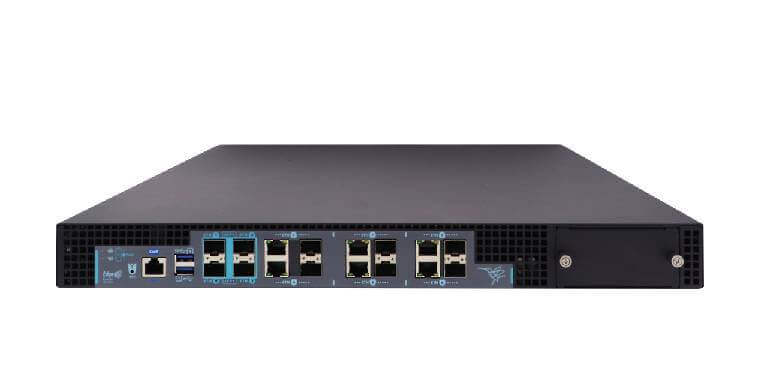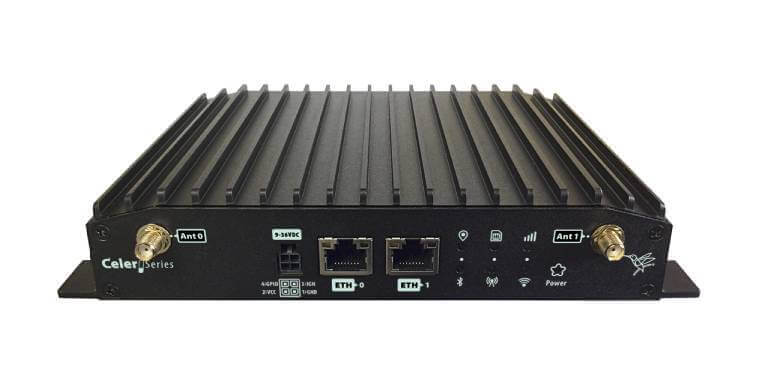 Railway vehicle manufacturers, suppliers and rolling stock operating companies are required to meet mandatory, voluntary and contractual requirements for the construction, commissioning and operation of rolling stock and components.
Railway vehicle manufacturers, suppliers and rolling stock operating companies are required to meet mandatory, voluntary and contractual requirements for the construction, commissioning and operation of rolling stock and components.
Rail testing companies provide independent, third-party assessment of rolling stock and components to ensure they are compliant with relevant standards. Testing will put the product through a series of different tests to receive authorisation for commissioning.
Why is rolling stock testing and certification important?
Testing of railways and components as well as rolling stock certification provides multiple benefits.
Safety
Ensure safety for passengers and drivers by demonstrating your quality with a globally recognised certification mark. Certifications ensure that the telecommunications equipment installed on trains meet safety standards and will not pose a risk to passengers or the train crew. The harsh operating conditions on trains, such as vibration, shock, and temperature extremes, require specialized equipment that is designed and tested to operate safely in such environments.
Compliance
Comply with contractual requirements, as well as any national and international rolling stock regulations to put your product into service. Rail industry certifications are often required by law or industry standards to ensure that equipment meets specific technical and safety requirements. Failure to meet these requirements can result in legal and financial consequences, as well as damage to the reputation of the company providing the equipment.
Interoperability
Rail industry certifications ensure that the telecommunications equipment installed on trains will be compatible with other systems on the train and in the rail infrastructure. This ensures that the equipment will work as intended and will not cause disruptions or delays to rail operations.
Reliability
Certifications often require rigorous testing and quality control procedures, which help to ensure that the equipment will operate reliably and with a minimum of downtime. This is particularly important for critical systems such as those used for communication, signaling, and control. Also, discovering potential safety and approval-relevant weaknesses early in the development phase, will help to address them and avoid costly rework and delays.
Overall importance
Overall, hardware rail certifications are important for ensuring the safety, compliance, interoperability, and reliability of telecommunications equipment installed on trains, which is essential for the smooth and efficient operation of the rail network.
Specific certifications
The specific certifications required for telecommunications equipment installed on trains in Europe may vary depending on certain factors such as the operating company, the type of train, and the specific equipment being installed.
However, some common certifications and standards that may apply include:
Directive (EU) 2016/797 on the interoperability of the rail system within the European Union, which are:
- EN 50155 – Railway applications – Electronic equipment
- EN 45545-2 – Railway applications – Fire protection.
- EN 61373 – Railway applications – Shock and vibration tests.
RED Article 3.1(a) – Protection of health and safety
- EN 62368-1 – Audio/video, information and communication technology equipment – Part 1: Safety requirements.
- EN 62311 – Human exposure restrictions for electromagnetic fields (0 Hz – 300 GHz).
There are also standards to ensure user safety. Electrical, mechanical or fire risks are properly assessed via the following points:
RED Article 3.1(b) – Electromagnetic compatibility
- EN 50121-3-2 – Railway applications – Rolling stock – Apparatus.
- EN 301 489-1 – Electromagnetic compatibility for radio equipment, common requirements.
Electromagnetic compatibility (EMC) means that an electrical apparatus must neither generate disturbances intolerable to other equipment, nor stop working satisfactorily when subjected to moderate or expected disturbances. In case specific radio technologies are present, other parts of EN 301 489 standard family are applied:
EN 301 489 – Radio Technologies
- EN 301 489-17 – EMC, specific conditions for broadband data transmission systems.
- EN 301 489-19 – EMC, specific conditions for GNSS receivers.
- EN 301 489-52 – EMC, specific conditions for cellular communication user equipment.
The following standards are aimed at the coexistence of radio networks. Spurious emissions are thoroughly measured in tests described by the standards below.
RED Article 3.2 – Radio equipment
- EN 301 908-1 – IMT cellular networks. Introduction and common requirements.
- EN 301 908-2 – IMT cellular networks, CDMA Direct Spread (UTRA FDD) User Equipment.
- EN 301 908-13 – IMT cellular networks, Evolved UTRA User Equipment.
- EN 303 413 – Global Navigation Satellite System receivers.
- EN 300 328 – Wideband transmission, 2,4GHz ISM band.
- EN 301 893 – Broadband Radio Access Networks (BRAN), 5 GHz RLAN.
Beside from Railway and RED, another European directive tackles the presence of chemicals in order to protect human health and the environment. This is RoHS Directive 2011/65/EU – Restriction of the use of certain hazardous substances.
Teldat carries out a thorough study of its railway equipment the applicable regulations and can certify their compliance through tests carried out in independent and legally accredited laboratories.


























